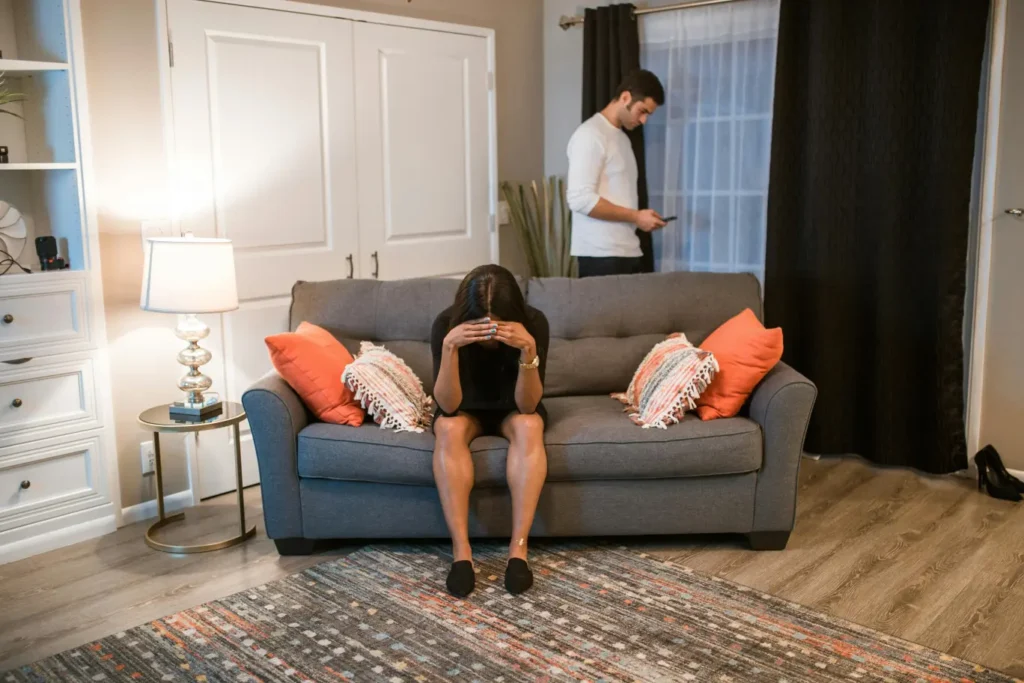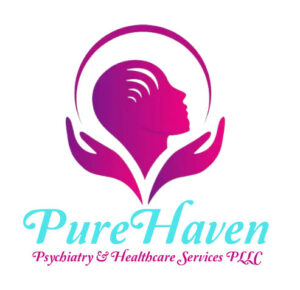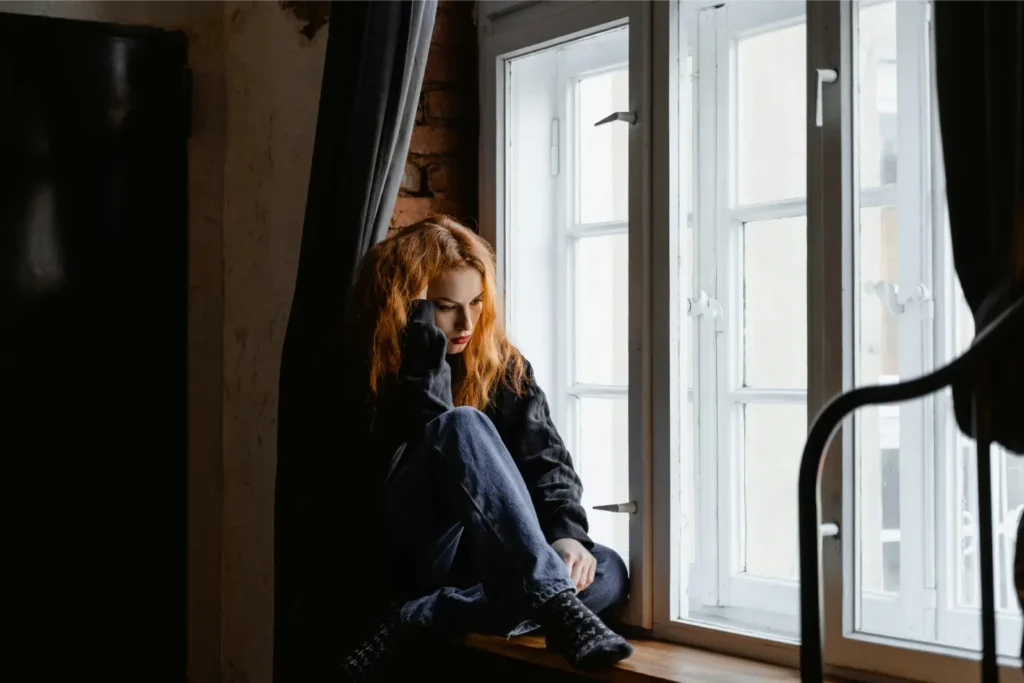Hey there! If you’re reading this, chances are you’ve been feeling a bit overwhelmed by life’s ups and downs. You might be saying to yourself, “I need to find the best treatment for depression and anxiety,” and let me tell you, you’re not alone in this journey. Many people face these challenges, and there are a variety of effective treatment options out there that can help you feel like your best self again. So grab your favorite cup of tea, and let’s dive into the world of mental wellness together!
Understanding Depression and Anxiety
Before we explore the best treatments available, it’s essential to understand what you might be dealing with. Depression is often characterized by persistent sadness, loss of interest in activities, and an overall feeling of emptiness. On the flip side, anxiety can manifest as constant worry, nervousness, and a feeling of being on edge. Sometimes, these two can even dance together, leading to what many refer to as depression and anxiety.
Recognizing these feelings is the first step, and seeking help is the next. You might be wondering, “What’s the best treatment for depression and anxiety?” The great news is that there are several effective approaches to tackle these issues, and you deserve to find what works best for you!

Exploring the Best Treatment Options
When it comes to finding the best treatment for depression and anxiety, it’s crucial to consider a multi-faceted approach. After all, everyone’s mental health journey is unique! Here are some popular treatment options you might consider:
1. Therapy: The Power of Talking It Out
One of the most effective ways to manage depression and anxiety is through therapy. Talking to a mental health professional can provide you with valuable insights and coping strategies. Here are a few common types of therapy you might explore:
- Cognitive Behavioral Therapy (CBT): This therapy focuses on identifying negative thought patterns and changing them into more positive, constructive ones. Think of it as a workout for your mind, helping you build resilience and healthier coping mechanisms.
- Mindfulness-Based Therapy: This approach encourages you to be present in the moment, helping you develop awareness of your thoughts and feelings without judgment. It’s a fantastic way to combat anxiety and enhance your emotional well-being.
- Interpersonal Therapy (IPT): If your struggles with depression and anxiety are connected to your relationships, IPT can help you improve your communication skills and strengthen your connections with others.
Having a safe space to express yourself can be incredibly therapeutic. You might find it helpful to try different therapists until you find someone who resonates with you. It’s all about building that connection and feeling comfortable.
2. Medication: A Little Help from Science
For some individuals, therapy alone may not fully alleviate symptoms of depression and anxiety. That’s where medication can step in as a supportive ally. Antidepressants and anti-anxiety medications can help balance the chemicals in your brain that impact mood. Here are a few common types:
- Selective Serotonin Reuptake Inhibitors (SSRIs): These medications, like fluoxetine (Prozac) and sertraline (Zoloft), are often prescribed for depression and anxiety. They work by increasing serotonin levels in the brain, which can help improve your mood.
- Serotonin-Norepinephrine Reuptake Inhibitors (SNRIs): Similar to SSRIs, SNRIs like venlafaxine (Effexor) also help regulate mood but target additional neurotransmitters.
- Benzodiazepines: These medications may be prescribed for short-term relief of anxiety symptoms. However, they should be used cautiously, as they can lead to dependency if used long-term.
Before starting any medication, it’s essential to have a candid discussion with your healthcare provider about potential benefits and side effects. Everyone’s body responds differently, and it may take some time to find the right fit for you.
3. Lifestyle Changes: Small Steps for Big Impact
In addition to therapy and medication, incorporating healthy lifestyle changes can significantly enhance your mental well-being. Here are some small yet impactful steps you can take:
- Stay Active: Regular exercise can boost your mood and reduce symptoms of both depression and anxiety. Aim for at least 30 minutes of moderate activity most days of the week. Whether it’s a brisk walk, dancing in your living room, or hitting the gym, find what makes you happy!
- Eat Well: Nourishing your body with a balanced diet can also positively affect your mood. Think colorful fruits and veggies, whole grains, and lean proteins. Who knew healthy eating could taste so good?
- Sleep Hygiene: A good night’s sleep can work wonders for your mental health. Aim for 7-9 hours of quality sleep each night and create a calming bedtime routine to help you unwind.
- Mindfulness and Relaxation Techniques: Practicing mindfulness, yoga, or even simple breathing exercises can help you manage stress and anxiety. Plus, it’s a great excuse to treat yourself to some self-care!
Seeking Help: You’re Not Alone
If you’re feeling overwhelmed by depression and anxiety, please know that seeking help is a sign of strength, not weakness. You don’t have to navigate this journey alone. If you’re ready to explore the best treatment for depression and anxiety, our reliable psychiatric mental health nurse practitioner is here to guide you every step of the way.
You can book an appointment through our client portal at [Request Appointment], and take that first brave step toward reclaiming your life.
In Conclusion: You’ve Got This!
In summary, finding the best treatment for depression and anxiety is a personal journey that can include therapy, medication, lifestyle changes, or a combination of all three. Remember, it’s perfectly okay to seek help, and you deserve to feel good! With the right support and resources, brighter days are ahead. So let’s embrace this journey together, and don’t forget: you are not alone. 🌈

